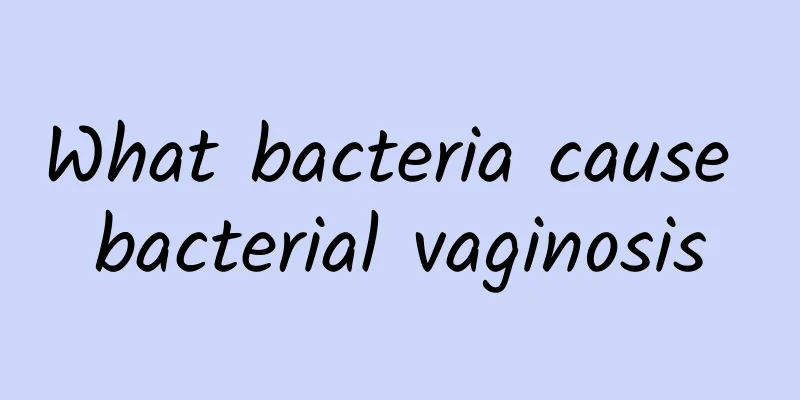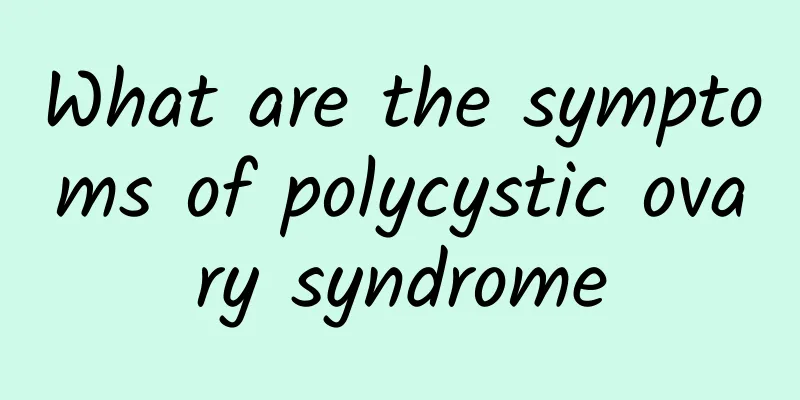Is menopause hereditary?

|
Whether menopause is hereditary requires analysis from multiple aspects such as genetics, environment, and physiology. Symptoms can be alleviated through lifestyle adjustments and medical intervention. The occurrence of menopause is related to genetic factors. The menopausal age of the mother or sister may affect the timing of an individual's menopause, but it is not the only determining factor. Environmental factors such as long-term stress and bad living habits can also accelerate the onset of menopause. Physiologically, the gradual decline of ovarian function is the direct cause of menopause, and the decline in estrogen levels leads to a series of symptoms. 1. Genetic factors: Studies have shown that the age of menopause is correlated with family history. If the mother or sister has an early menopause, the individual may also enter menopause early. Gene mutations such as BRCA1 and BRCA2 genes may affect ovarian function and lead to early menopause. 2. Environmental factors: Long-term exposure to high pressure, smoking, drinking and other bad living habits can accelerate the decline of ovarian function. Environmental pollution such as exposure to chemical substances may also affect the endocrine system and lead to early menopause. 3. Physiological factors: With age, ovarian function naturally declines, the number of follicles decreases, and estrogen levels drop, leading to irregular menstruation and even cessation of menstruation. This process is accompanied by symptoms such as hot flashes, night sweats, and mood swings. 4. Lifestyle adjustments: Maintain a healthy diet and increase the intake of foods rich in phytoestrogens such as soybeans and flax seeds; regular exercise such as yoga and walking can help relieve symptoms; maintain good sleeping habits and avoid overwork. 5. Medical intervention: For women with severe symptoms, doctors may recommend hormone replacement therapy to relieve symptoms by supplementing estrogen. Non-hormonal drugs such as antidepressants and anti-anxiety drugs can also be used to improve mood swings. Traditional Chinese medicine conditioning such as acupuncture and Chinese medicine also have certain effects. Whether menopause is hereditary requires comprehensive consideration of genetics, environment, physiology and other factors. Treatment can alleviate symptoms through lifestyle adjustments and medical intervention. It is recommended that women pay attention to physical changes before and after menopause and seek professional help in a timely manner. Through scientific management and active response, the discomfort caused by menopause can be reduced and the quality of life can be improved. |
<<: How much does the abortion process cost?
>>: How long after abortion can you get pregnant
Recommend
Self-massage therapy for irregular menstruation
Menstrual irregularities include early, late or i...
What are the symptoms of multiple uterine fibroids? How to treat multiple uterine fibroids?
What are the early symptoms of multiple uterine f...
Can’t lose weight no matter how much you exercise? A famous Korean fitness coach teaches you 7 correct exercise rules to increase muscle and reduce fat
Exercising like crazy but not losing weight? Unab...
Don’t be a “swallow” when you sprain your ankle. Do this right away…
If you don't warm up enough when jogging in w...
How to treat congenital absence of vagina
How should congenital absence of vagina be treate...
What are the four main causes of ectopic pregnancy?
What are the four main causes of ectopic pregnanc...
What causes endometrial tuberculosis?
What is the cause of endometrial tuberculosis? Th...
How to eliminate or reduce the impact of artificial abortion on the next pregnancy
The key to eliminating or reducing the impact of ...
Endometriosis Infertility
If a woman suffers from infertility, the impact o...
How to use drugs to treat cervical erosion in women? Women should pay attention to these 3 points when treating cervical erosion
Nowadays, many women are busy with work, so they ...
How long after an abortion can I go out?
For women who have undergone abortion , they will...
Several major hazards of ovarian cysts to female patients
Among the many tumor diseases, ovarian cysts are ...
Don't use drugs to treat severe obesity indiscriminately
Weight control medication prescription Modern peo...
Best treatment for pelvic peritonitis
And the incidence of pelvic peritonitis is very h...
What are the specific symptoms of pelvic inflammatory disease?
There are two types of pelvic inflammatory diseas...









